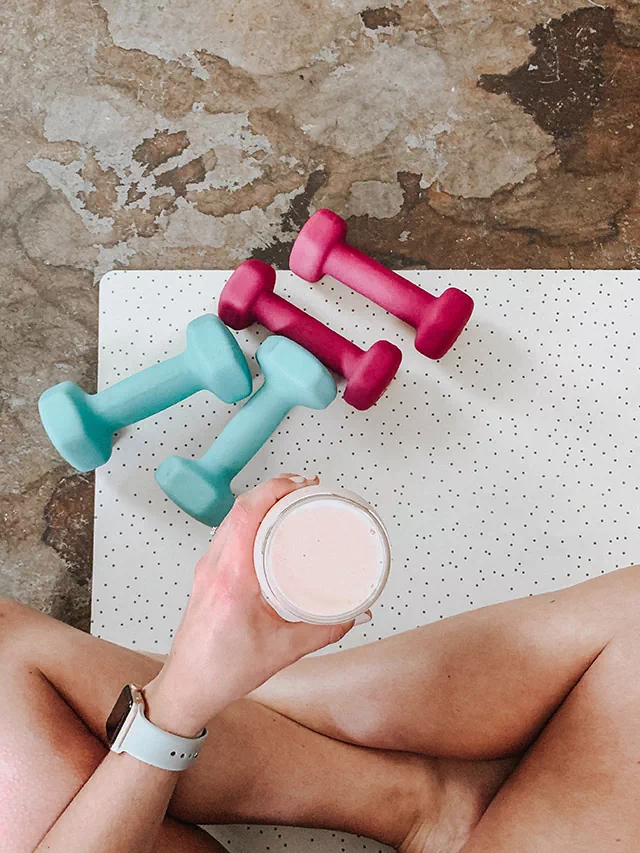Drinking water and electrolyte-rich sports drinks can also help, as well as making sure you are properly hydrated and getting enough electrolytes in your diet. If the cramps are frequent or severe, it may be a good idea to consult a doctor to rule out any underlying medical conditions.
Effective Techniques for Relieving Muscle Cramps: Stretching, Massaging, and Proper Hydration
Drinking water and electrolyte-rich fluids, such as sports drinks or coconut water, can also help alleviate cramps by preventing dehydration. It’s also important to make sure you are getting enough magnesium and potassium in your diet, as a deficiency of these minerals can cause muscle cramps. If cramps are a recurring problem, it may be helpful to consult a doctor or physical therapist to determine the underlying cause and develop a plan to prevent them.
Additional strategies for relieving muscle cramps include taking over-the-counter pain relievers such as ibuprofen or naproxen or using topical creams or ointments that contain menthol or capsaicin. Staying properly hydrated and maintaining a healthy diet that includes adequate amounts of calcium, potassium and magnesium can also help prevent muscle cramps from occurring. Additionally, avoiding prolonged inactivity and maintaining a regular exercise routine can help to strengthen muscles and reduce the risk of cramps. In some cases, underlying medical conditions such as diabetes or peripheral artery disease may be contributing factors and consulting a doctor is recommended.
Another method to consider for relieving muscle cramps is to use a foam roller or massage ball to gently roll out the affected muscle. This can help to increase blood flow, release tension and break up knots in the muscle. Performing exercises to strengthen the muscle can also help prevent future cramps. In some cases, taking a warm bath or shower before bedtime can help to relax the muscle and prevent cramps from occurring during the night. If you are experiencing muscle cramps regularly or if they are severe, it is important to consult with your doctor to rule out any underlying medical conditions that may be causing them.
Other preventative measures to consider include
- Wearing proper shoes and gear during physical activity
- Gradually increasing the intensity and duration of your physical activity to prevent overuse
- Stretching before and after physical activity
- Avoiding activities that cause strain to the muscle, such as carrying heavy loads
- Adjusting your posture, especially when sitting for long periods of time
- Practicing good sleep hygiene and getting enough sleep
- Managing stress levels
- Avoiding certain medications that can cause muscle cramps as a side effect
Another preventative measure to consider is to make sure you are getting enough of the essential minerals and vitamins that are important for muscle health, such as calcium, potassium, magnesium, and vitamin D. These minerals and vitamins can be obtained through a balanced diet that includes plenty of fruits, vegetables, lean proteins, and whole grains. If you find it difficult to get enough of these nutrients through diet alone, you may want to consider taking a dietary supplement.
Physical therapy can also be beneficial for preventing muscle cramps if you have an underlying condition that causes muscle weakness or imbalance. A physical therapist can teach you exercises to help improve your muscle strength, flexibility, and endurance.
It’s also important to keep in mind that muscle cramps can be caused by certain medical conditions such as thyroid disorders, nerve damage, and chronic diseases like multiple sclerosis. So if you’re experiencing muscle cramps frequently, it’s important to consult with your doctor to rule out any underlying health conditions that may be causing them.



